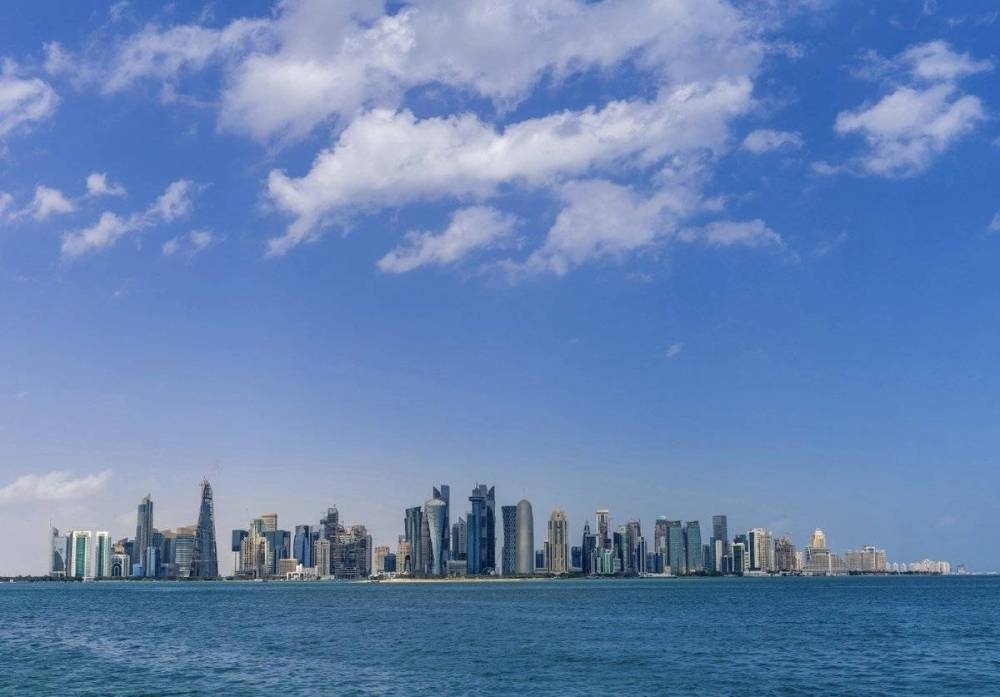In its ‘Global Economic Prospects’ report released Tuesday, World Bank forecasts Qatar economic growth will slow down to 2.9% in 2024.
The World Bank’s estimate shows Qatar economy will have grown at 4% in 2022, much higher than -3.6% in 2020 and 1.5% in 2021.
The Middle East and North Africa (MNA) region saw output expand by an estimated 5.7% in 2022—the region’s highest growth rate in a decade—as oil exporters enjoyed windfalls from increased oil and gas prices and rising production, World Bank noted.
The rebound also reflected the ongoing recovery in the services sector from the pandemic slump. Nonetheless, the report said region is still characterised by widely divergent economic conditions and growth paths, high levels of poverty and unemployment in many countries, low labour productivity growth, elevated vulnerabilities, and fragile political and social contexts.
Many oil exporting economies in the region enjoyed a rapid expansion in exports and production last year.
With fixed exchange rates and fuel subsidies, Gulf Co-operation Council countries were able to maintain consumer inflation well below the global average, World Bank pointed out.
In contrast, rising inflation and tightening financing conditions have weighed on output in net oil importers in the region.
Consumer price inflation, on a year-on-year basis, increased last year to double-digit rates in many countries who suffered significant exchange rate depreciation and faced high food and energy prices.
Outlook: Growth in MENA is projected to decelerate to 3.5% in 2023 and to 2.7% in 2024, World Bank said. The regional slowdown is mainly on account of a fading boom in net oil exporters, where growth is expected to slow to 3.3% and 2.3% in 2023 and 2024, respectively, from 6.1% in 2022.
In the region’s net oil importers, growth is projected to be steady over 2023-24, at slightly above 4% a year, it said.
Risks: Risks to growth in the Middle East and North Africa region remain to the downside. Spillovers from further weakness in key trading partners, tighter global financial conditions, increasing climate-related risks, rising social tensions, and political instability highlight the possibility of further economic contractions and increasing poverty.
“A further deterioration in global and domestic financial or economic conditions could see economies with large macroeconomic imbalances fall into crisis,” World Bank said.
Global economy facing recession
Global growth is slowing "perilously close" to recession, the World Bank said Tuesday, slashing its 2023 economic forecast on high inflation, rising interest rates and Russia's invasion of Ukraine. Economists have warned of a slump in the world economy as countries battle soaring costs and central banks simultaneously hiked interest rates to cool demand -- worsening financial conditions amid ongoing disruptions from the war in Ukraine.

|
The World Bank's latest forecast points to a "sharp, long-lasting slowdown" with growth pegged at 1.7% this year, roughly half the pace it predicted in June, said the bank's latest Global Economic Prospects report. This is among the weakest rates seen in nearly three decades.
"Given fragile economic conditions, any new adverse development... could push the global economy into recession," the Washington-based development lender said.
World Bank President David Malpass told reporters: "I'm concerned, deeply concerned that the slowdown may persist."


